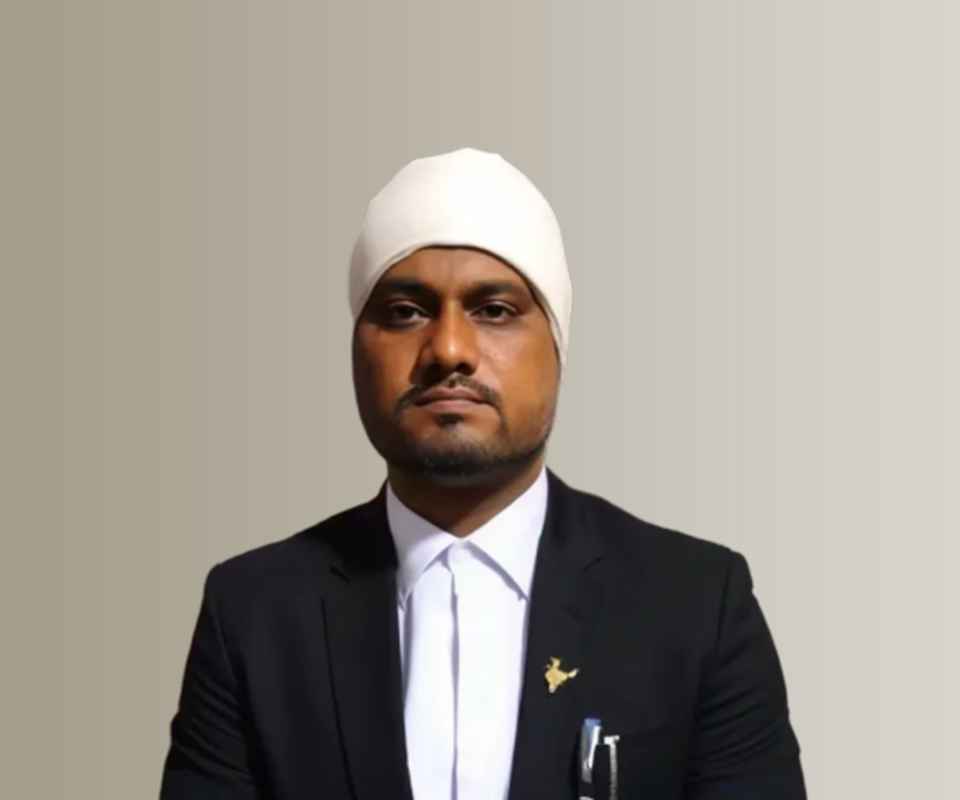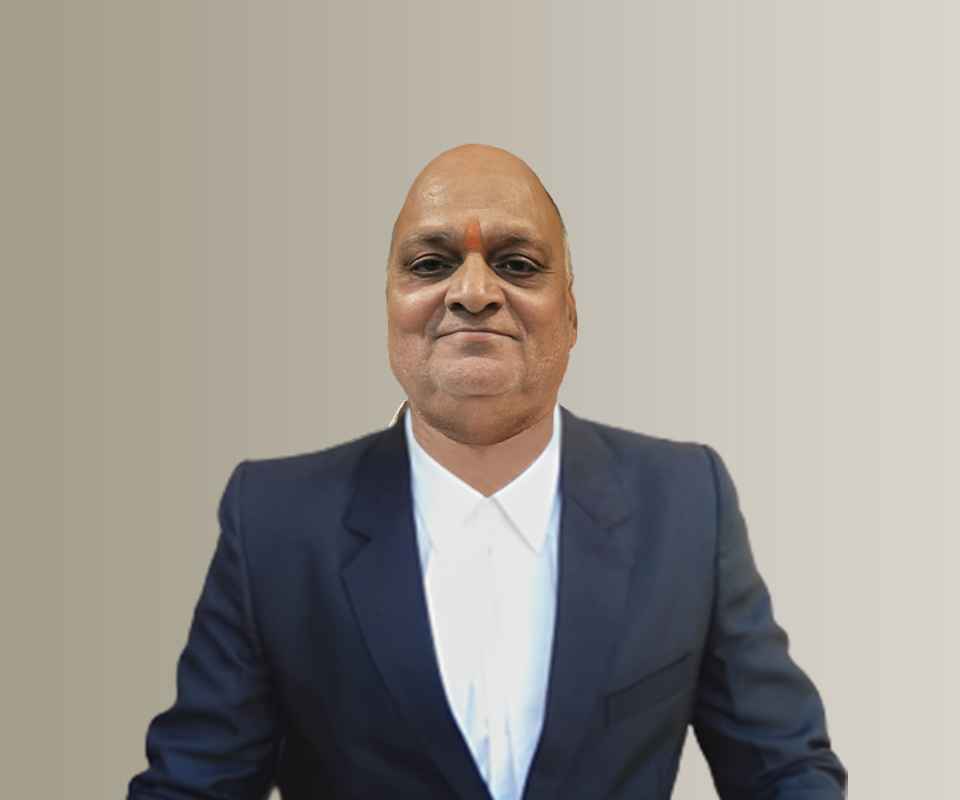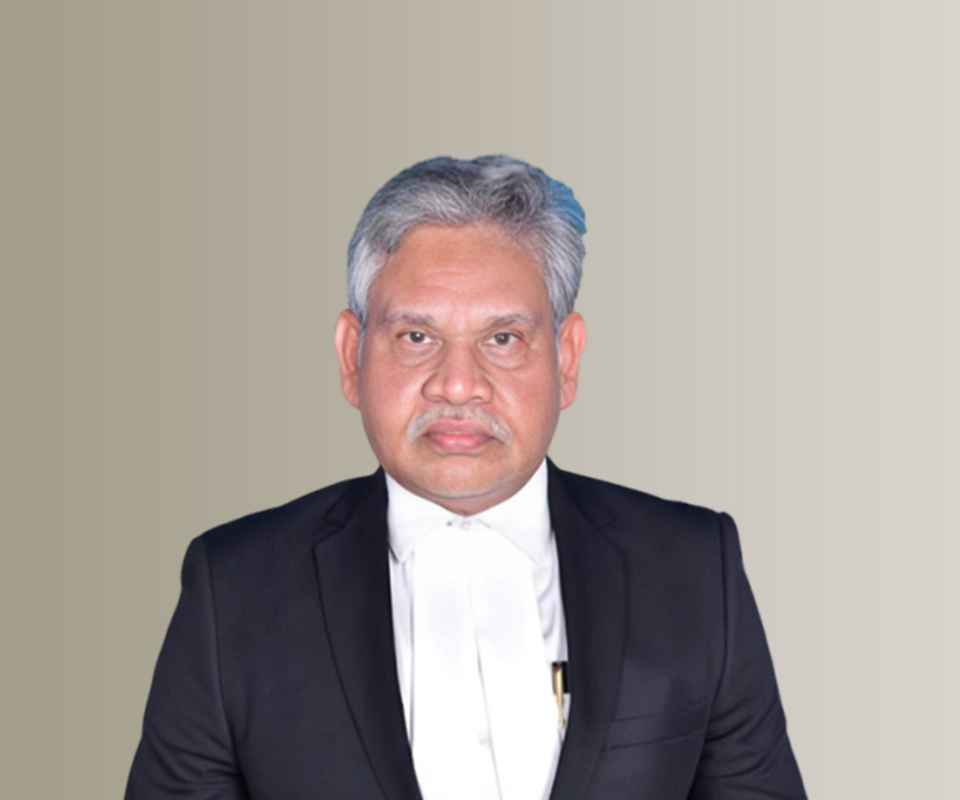Answer By law4u team
Yes, a person can argue their own case in the Supreme Court of India. This is legally allowed under Section 32 of the Advocates Act, 1961 and Order IV Rule 1(c) of the Supreme Court Rules, 2013. Here’s how it works: 1. Right to Appear in Person: Any individual (called a party-in-person) has the legal right to appear and argue their own case without a lawyer. This applies to all courts, including the Supreme Court. 2. Requirements in the Supreme Court: The individual must file a petition as a party-in-person. The court may ask for a preliminary scrutiny or grant of permission to ensure: The person understands the legal process. The petition is properly drafted. The person can argue logically and respectfully in court. 3. Court’s Discretion: If the court finds that the person-in-person is unable to argue properly or is misusing the court’s time, the court can appoint an amicus curiae (friend of the court) or direct the person to engage a lawyer. 4. Notable Examples: Several litigants have successfully argued their own cases in the Supreme Court. The court recognizes this as a constitutional and statutory right. In Summary: Yes, a person can argue their own case in the Supreme Court of India as a party-in-person, but must follow court rules and may be subject to the court’s guidance.









